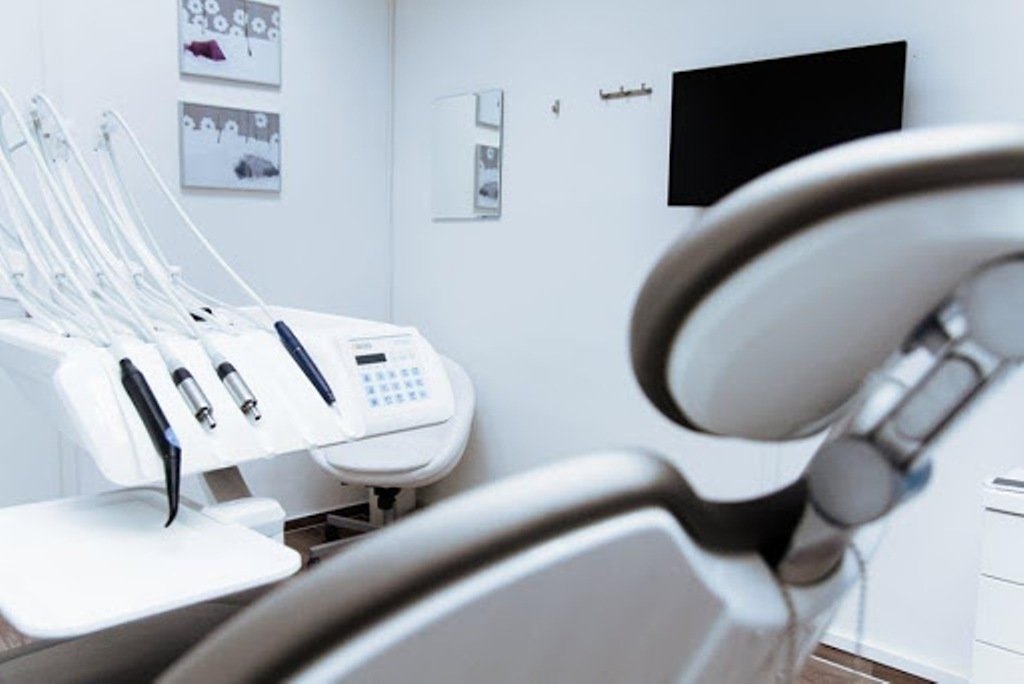
Understanding the Importance of Healthcare Credentialing
Do you work in the medical field? If so, you are familiar with credentialing rules. If you are a healthcare consumer, it’s important to understand these rules as well.
Patients should know if their provider and/or health facility are credentialed. This shows they meet the qualifications to provide safe and quality care. It’s important to become an active participant in your medical care.
Gone are the days where you blindly trust and follow doctor’s orders. Individuals must do their homework when choosing a healthcare provider. Continue reading this article to learn about healthcare credentialing.
Why Is Healthcare Credentialing Important?
Regulatory and private agencies decide on specific criteria. These credentials increase patient and consumer safety.

This is most often used in the medical profession. Yet, it’s also now used in public health and other professions to confirm employee competency. This protects their patients and consumers as well.
Care providers must show that they can perform their designated duties. This includes completing training programs, clinical experience, and passing exams. This establishes a set of standards that all patient care providers must meet.
Understanding Relevant Terminology
It’s important to understand the various terms related to credentials. Regulatory and private agencies established these protected terms. Healthcare professionals may receive a license, credential, certification, and/or privileges.
Some states interchange these terms. Yet, in the medical field, there are specific distinctions between these designations.
Achieving a means that the individuals have met all designated criteria. This includes completing specific training. You must also show mastery of key knowledge and experience to perform their duties.
The state-mandated scope of practice uses these classifications. This defines the performance boundaries for patient care duties and tasks. It also defines professional competencies.
Licensure
Regulatory agencies award licenses. The license signifies the completion of all state qualifications to practice.
Licensure includes completion of an education program including clinical experience. The final step involves completing the licensure examination.

Many licensure requirements include ongoing continuing education and training. Some professionals must also complete periodic re-examination.
The state grants licensure. If professionals want to practice in another state, they must meet that state’s rules.
Credentialing
Employers, most often hospitals or health maintenance organizations (HMOs), grant credentials. To receive a credential, the employee must:
- complete mandatory education
- complete job-specific training
- complete the required amount of practical experience
This allows them to practice in the state. The organization follows state or local laws and rules when granting a credential.
Depending on state and local regulations, this credential may need periodic renewal.
Privileging
Privileging allows a medical provider to practice in a specific facility. Hospitals, HMOs, and other healthcare companies grant privileges. This also describes what activities a provider may do when working in the facility.
Certification
Medical providers may choose to become certified after finishing their degree and licensure. National boards grant certifications. Individuals must often meet certain education, training, and practice experience to apply.
The final step often includes an exam. To keep remain certified, you must complete continuing education. You may also have to retake the exam after a certain number of years.
Accreditation
Accreditation means that a healthcare agency has met a set of standards. Separate regulating authorities manage these standards and accreditations.
Today, medical facilities must protect the patient’s wellbeing. It’s their duty to make sure all care meets acceptable standards. This means they’re liable if their providers fail to administer safe, quality care.
Thus, healthcare agencies must set medical bylaws that define the standards of care. They must show that they verify and track all pertinent employee credentials.
In the past, these standards only applied to hospitals. In today’s more varied care climate, more facilities fall under these rules. Examples include ambulatory care centers, long-term care facilities, and urgent care clinics.

The rules become more complex over the previous 20 years. This is the result of expanded provider’s scope of practice.
Facilities must now follow the rules set by accrediting entities and their-party payers. This may include Medicare, Medicaid, and private insurers. If your institution does not follow their rules, they may not pay for care at your facility.
How Do Companies Verify Healthcare Provider’s Credentials?
There are many different methods for checking the provider’s credentials. Some businesses use their human resource department to conduct this check. Others hire companies that specialize in background and credential checks.
Patient care companies must follow policies to make sure the staff is qualified to provide care. This impacts your facility’s reputation and the quality of patient care.
Consider this guide on health care credential management when creating your protocols.
- Create a list of all positions requiring a
- List the names of employees under each type of
- Include the name of the board or agency
- Include the initial date and when it expires
- Develop a method to flag upcoming expiration dates
- Document the name of the person responsible for tracking
- Document the date of all tracking activities
In-house departments may perform this task. The often use manual methods and/or internal software including Microsoft Excel.
Businesses can also buy commercial software for management. A third option is to hire an external service to manage this process.
Do You Value Keeping Up with Current Events?
This article has focused on the importance of healthcare credentialing. When seeking medical care, it’s vital to vet all personnel to ensure your safety. Don’t feel shy about asking health workers about their qualifications.
Our site offers a myriad of articles related to the financial markets. You can track market trends and adjust investments to optimize your portfolio. Check back daily so you don’t fall behind the curve.




